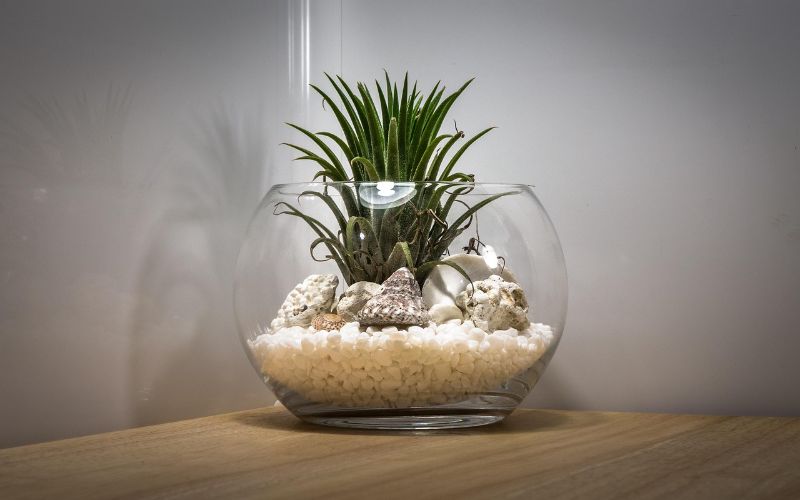Glass Recycling - Insights for Environmentalists
Glass is easily recyclable, and recycling it helps to save precious resources, reduce landfill waste, and prevent glass pollution in the environment. As a result, many people wonder if glass is good for soil since it's a widely recycled material.
How Glass Helps in Soil Drainage
Glass can improve the drainage of soil since it's a porous material that allows air to penetrate soil. Crushed glass can be used as a substitute for sand in soil drainage applications to promote healthier root growth and prevent soil erosion.
The Impact of Glass on Soil Fertility
Glass is not a source of nutrients, and adding it to soil in excessive amounts can lower its fertility. When glass is ground into smaller particles, it can also release toxins that can harm soil organisms, thereby reducing the breakdown of organic matter in soil.
Glass in Landscaping - Beautifying Soil Appearance?
Glass chips or tumbled glass can be used in landscaping and gardening to give an aesthetically pleasing look. However, before using glass in landscaping, it's important to consider the impact it may have on soil organisms and the environment.
Using Glass to Improve Soil Structure
Glass can help to improve soil structure by preventing soil compaction. The sharp edges of broken glass can create air pockets in the soil that improve its structure, making it easier for water and nutrients to penetrate the soil.
Effect of Glass on Soil Acidity
Ground glass contains calcium carbonate, which contributes to an increase in soil pH levels over time. This can have a positive effect on acid soil conditions in certain agricultural applications where a neutral or alkaline soil pH level is desirable for healthy plant growth.
Can Glass Harm Soil Microbes?
Glass can physically threaten soil microbes since the sharp edges of glass particles can cut and damage them. This damage can slow the bacterial breakdown of organic matter in soil, thereby reducing soil fertility.
What about Soil Porosity and Glass?
Glass can significantly improve soil porosity by increasing the air pockets in soil. This, in turn, helps to increase the availability of water and nutrients in soil, making it easier for plants to grow healthier.
The Effect of Glass on Soil Moisture
Glass can help to retain moisture in soil since it's a non-porous material that does not absorb water. When ground finely, glass can act as a mulch to help reduce water evaporation from soil, thereby reducing the need for frequent watering.
Conclusion - Is glass good for soil??
Recycled glass can indeed be beneficial to soil in various ways, but the amount and method of application matters. Too much glass in soil can have unintended consequences, like reducing soil fertility and harming soil organisms. Therefore, before using glass in soil, it's important to consider the intended use, soil type, and the glass particle size.

